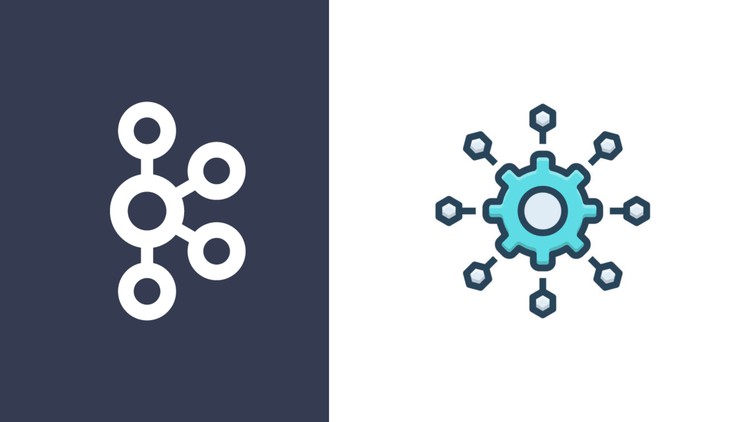Reactive Kafka From Scratch
Getting Started With Event-Driven Microservices
What you’ll learn
Reactive Kafka From Scratch
- Learn Kafka From Scratch
- Spring Kafka – Event-Driven Microservices
- Batch & Parallel Processing
- Kafka Transaction
- Writing Integration Tests
- Best Practices
Requirements
- Java Reactive Programming
- Spring
- Comfortable with an Indian Accent
Description
** Reactive Spring Kafka – Getting Started With Event-Driven Microservices **
This course is particularly for any senior or staff-level engineer who wants to learn Reactive Kafka From Scratch. By the end of the course, you will become very comfortable with Kafka.
Here is what we will do in this course:
- Kafka
- Setting up Kafka – latest KRaft mode using custom docker image
- Bootstrap Server
- Various Kafka Topic Commands and Options
- Console Producer
- Console consumer
- Various Kafka properties
- How apps publish and Consume messages
- How serialization and Deserialization work in Kafka
- How Kafka Log Retention Works
- Offset and How to Reset Offset to consume messages from a specific time
- Message Format
- How to scale Applications using Kafka Consumer Group
- Message Ordering
- Kafka With Reactive Programming
- Creating a simple Java Kafka producer and consumer applications using reactive programming
- Various producer and consumer configuration
- Auto offset reset
- How to acknowledge the messages
- Emitting millions of events to check the performance
- Seeking offset
- Partition assignment strategy
- Cooperative sticky assignor
- Range assignor
- Kafka Cluster
- How to cluster works
- Setting up Kafka cluster using docker-compose
- Kafka cluster – Fault tolerance demo. How producer and consumer applications work without any issues when Kafka brokers go up and down.
- Best Practices
- What is the producer acknowledging and why we should do that?
- Min in-sync replicas
- Creating idempotent producer
- Creating idempotent consumers to take care of duplicate messages
- Compression – to reduce the size of messages and improve the throughput
- Discussing Common Questions
- How many topics should I create?
- How many partitions should I create?
- How many replicas should I have?
- Batch / Parallel Processing
- Consuming messages in parallel and proper order to make use of all the CPUs.
- Error Handling
- Retry
- Dead Letter Topic
- Poison Pill Messages
- Kafka Transaction
- How to produce and consume messages in transactional mode (like Database Transaction)
- Integration Tests
- Developing integration tests using Embedded Kafka
- Kafka Security
- Plain Credentials
- SSL
- Assignment
- Let’s test our learning by developing a couple of Microservices communicating via Kafka Topic to analyze the user behaviors and provide metrics to the Business team on Product Trending.
Who this course is for:
- Any senior / staff-level engineer
Reactive Kafka From Scratch FreeCourseSites.com
Kafka fundamentals for java developers
Get Course Now





